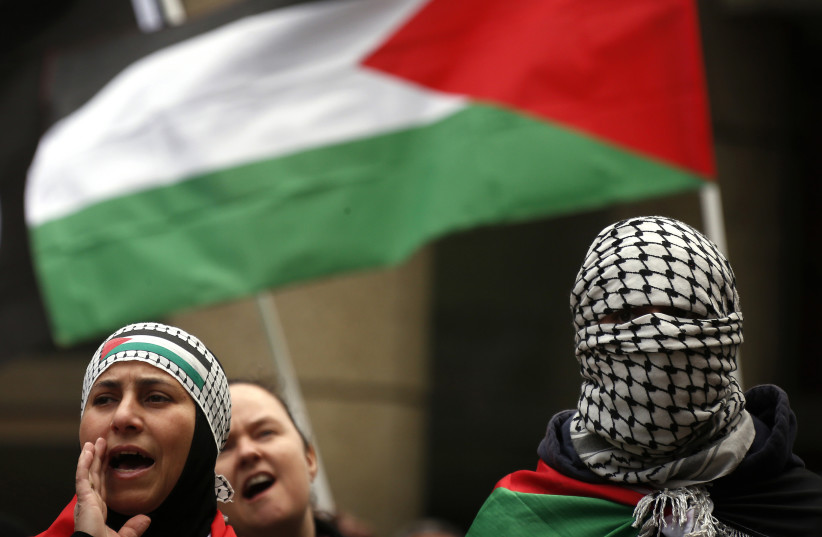Amid the ongoing Israel-Gaza conflict, Tony Burke, a prominent minister in the Australian Labour government has expressed strong support for a Sydney council’s decision to fly the Palestinian flag until a ceasefire is established.
Burke emphasized the fundamental right of people to grieve the tragedies they observe happening in Gaza. Burke is leader of the House, minister for Employment and Workplace Relations and minister for the Arts in the Federal Australian government.
On ABC radio, Burke noted, “It’s not the Hamas flag … it’s a Palestinian flag. This flag represents recognition without selective grief.”
Burke represents one of Australia's largest Muslim communities
He further highlighted the importance of acknowledging all lives lost and voiced his pride that such a stance was taken by his local council. Representing one of Australia’s largest Muslim communities, Burke’s statement carries significant weight.
However, the Australia/Israel & Jewish Affairs Council (AIJAC) Executive Director Dr. Colin Rubenstein sharply criticized Burke’s comments, stating that the minister had “crossed a line” and positioned himself outside the official Australian government policy.

Rubenstein remarked, “Tony Burke has made vile and ridiculous statements, implying both that Israel is an ‘apartheid state’ and drawing a false moral equivalence between the targeting of Israeli civilians by Hamas and the accidental deaths of Palestinian civilians who, sadly, have been placed in harm’s way due to Hamas’s strategy of using them as human shields.”
The AIJAC director continued, “His remarks are dreadful and deviate significantly from official Australian government policy. It seems Tony Burke is more influenced by his local base than by the pressing need to curb Hamas’ ability to wage war against Israelis and to improve the future for Palestinians in Gaza.”
In his strong rebuke, Rubenstein emphasized, “Burke should have outrightly denied the question about ‘genocide’ instead of skirting around it. Unlike Hamas, which transparently expresses its intent against Jews in its charter and whose actions on October 7 align with that intent, Israel has no intention of annihilating the Palestinians. It should be noted that Hamas’s employment of Palestinian civilians as human shields is undeniably a war crime. It is Hamas that can be labeled a genocidal movement,” he concluded.
Rubenstein also said he appreciated Australia’s decision not to endorse an unsatisfactory UN General Assembly resolution on Gaza.
However, he expressed a wish for a more definitive stance from Australia, mentioning, “While the abstention was a step in the right direction, a solid ‘no’ would have aligned better with the views of our allies, namely Israel and the United States.”
Rubenstein further shared his apprehensions about a potential ceasefire with Hamas and remarked, “Such a truce might allow Hamas a window to regroup and re-arm, stopping Israel from breaking down Hamas’ dangerous military and political structures.”
He firmly stated, “Hamas is a recognized terrorist organization, a fact acknowledged by Australian law. Their role in the attacks should have been globally condemned.”
He ended with sentiments of sympathy for the Palestinian civilians caught in the crossfire, but highlighted Hamas’s responsibility in the crisis.
